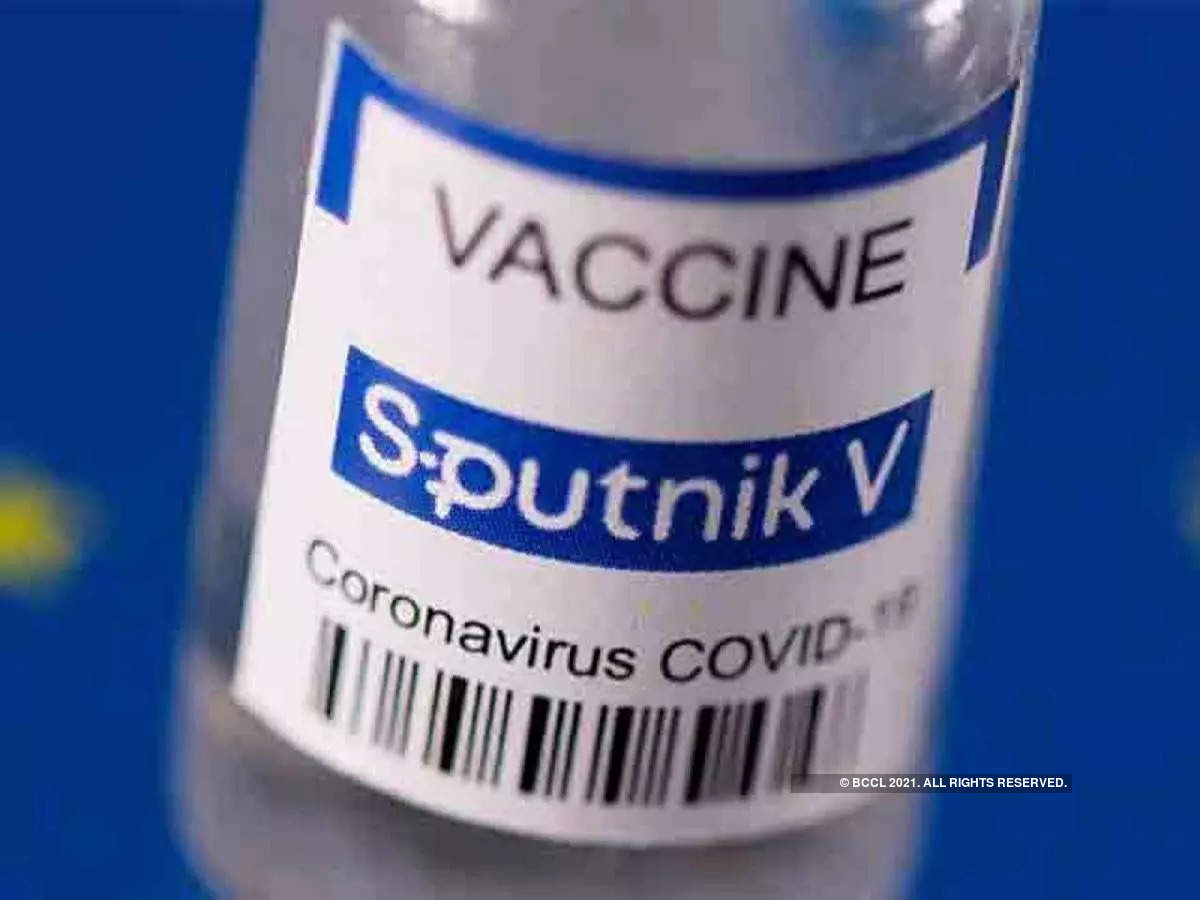
MOSCOW, Nov 1, 2021 (BSS/AFP) - Some call it "experimental", some don't
trust the government, some even buy fake certificates -- as their country
sees a record coronavirus surge, Russians are proving stubbornly resistant to
the country's Sputnik V vaccine.
Russia is among the countries worst-hit by the Covid pandemic and a
devastating wave this autumn has seen infections and deaths reach new
records, with more than 1,000 fatalities per day.
But while the country has several locally produced vaccines including
Sputnik V, only about a third of its population has been inoculated.
With global coronavirus fatalities soon set to top five million, the
scepticism of Russians underlines the difficulties that remain in the global
fight against Covid.
Sputnik V was announced with great fanfare last year by President Vladimir
Putin as the first registered coronavirus vaccine and is freely available at
clinics and vaccination centres across the country.
Meant as a showcase for Russian science that would quickly turn the page on
the pandemic in the country, it has failed to win over the public, with polls
showing fewer than half of people planning to get vaccinated.
For Russians like Vyacheslav, a 52-year-old businessman, the government has
given them no reason to have confidence in the vaccine.
"The authorities lie to us on all sorts of subjects. Why should we believe
them on vaccination?" he asked, his sports bag on his knees as he prepared
for a swim at a Moscow pool.
"I have no trust," he said, declining to give his last name.
- 'It's suspicious' -
Even some of those who have contracted Covid, like Svetlana Zhetlukhina,
are still refusing to get jabbed.
"It's an experimental vaccine," said the 54-year-old financial analyst,
adding there is not yet enough "scientific data" on Sputnik V.
"I am not a monkey."
Like elsewhere, Russia has its share of diehard anti-vaxxers. But beyond
those who oppose all vaccines, there are "a big number of Russians who
distrust the people who made this vaccine and the Russian government", said
anthropologist Alexandra Arkhipova.
"They think that we cannot expect anything good from the government... and
that our laboratories are incapable of producing aspirin, let alone a good
vaccine," she said.
Tamara Alexeyeva, an elegant 67-year-old retiree, said the Kremlin's claims
of Sputnik's alleged superiority over Western vaccines have fed her
scepticism.
"They want us to believe that we have the best scientists in the world,
like the USSR," she said, walking briskly towards a Metro station.
"But me, I will never accept this so-called vaccine."
Sputnik V has been administered to millions of people and both its
effectiveness and safety have been confirmed by respected medical journal The
Lancet.
But it has not yet won approval from the World Health Organization or the
European Medicines Agency -- another fact that is feeding concern among
Russians.
"It's suspicious," said Vyacheslav, his eyebrows furrowing.
Putin's government has been pinning its hopes on vaccines and has shied
away from the kind of severe lockdowns imposed in many countries.
- 'Win back confidence' -
But with current policies failing to reduce cases, authorities have imposed
a nationwide non-working week from October 30 to November 7.
Mandatory jabs have also been required for some service workers and there
are increasing moves towards requiring vaccination certificates for public
venues.
But sceptical Russians are finding ways around that too, with a thriving
market in fake Covid passes.
Alexander, a 45-year-old entrepreneur, said he preferred to spend 5,500
rubles ($80, 70 euros) to get a false certificate instead of a free vaccine,
and knows "a lot of people" who have done the same.
The Kremlin has put out increasingly desperate calls for Russians to get
vaccinated, with Putin in mid-October asking them to "please, show
responsibility".
Authorities face an uphill battle.
According to sociologist Stepan Goncharov of independent pollster Levada,
surveys show the number of people opposed to being vaccinated -- "between 50
and 55 percent" -- has been steady for months.
The Kremlin "needs to win back people's confidence" if it wants to prevail
in the vaccination battle, he said, by putting in place a "more coherent
policy" after months of vacillating between warnings and inaction.
With hospitalisations on the rise and Russia's health system stretched,
doctors say the best ambassadors for vaccination may be those who are treated
for serious cases of Covid.
"Those who survive become our allies," said Yevgeny Ryabov, a doctor at
Moscow's top emergency hospital, the Sklifosovsky Institute.
"When they get out of the hospital, they tell their loved ones to get
vaccinated."